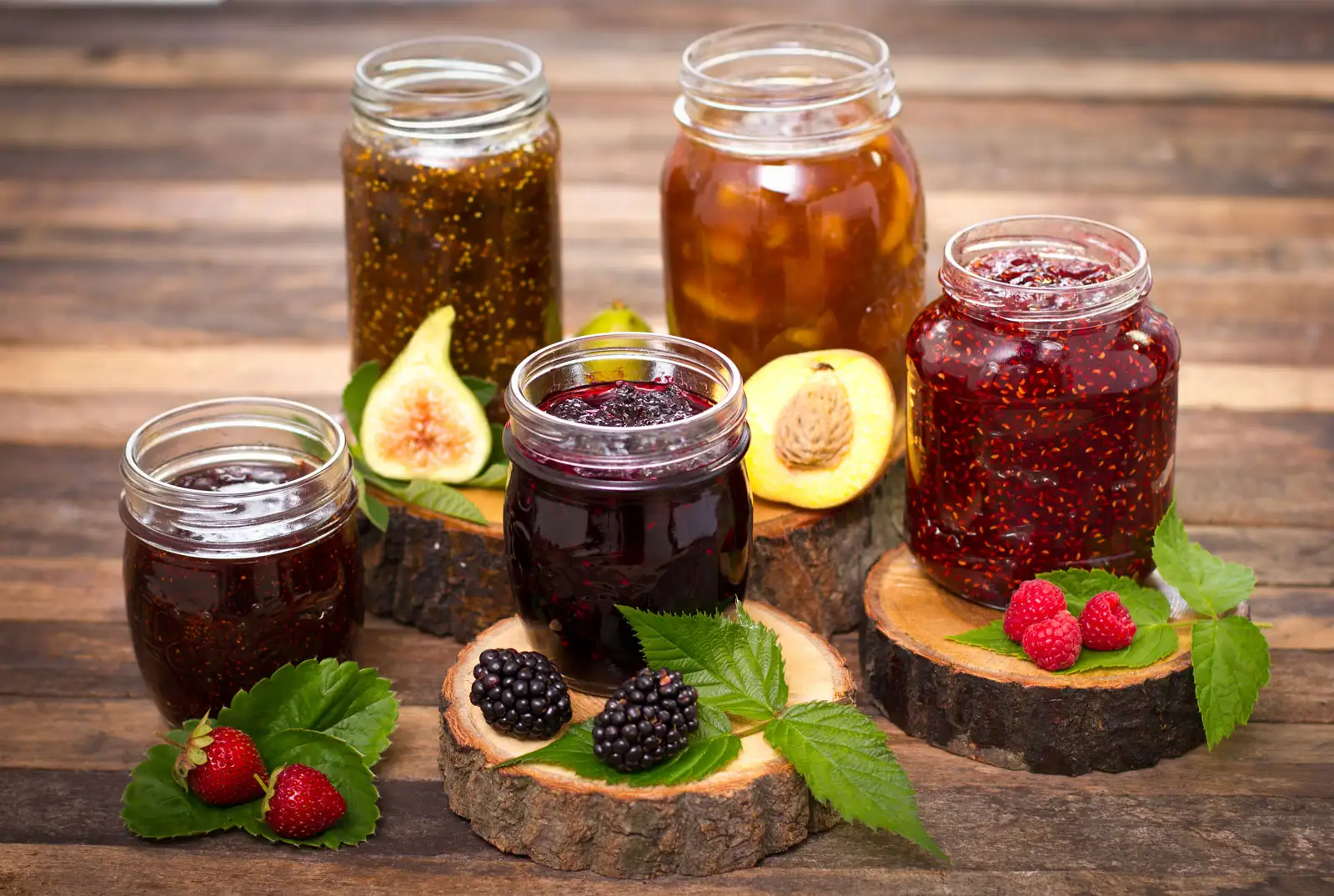



Article by: Hari Yellina
Authorities have proposed a creative new method for people to exchange fruit without attracting hungry fruit flies. Instead, make jam. Critics have already dubbed it a “back of the beer coaster” solution to end the time-honored practise of neighbours trading extra fruit and vegetables. The majority of neighbourhood Facebook groups feature posts from residents who wish to share an excess of fruit before it spoils. On weekends, some communities even have mini-markets where residents trade surplus harvest from their car trunks.
According to Agriculture Victoria, they may be selling fruit fly maggots as well. “This autumn, share the overflow of fruit and vegetables from your garden with your neighbours in jams or sauces to reduce the chance of Queensland fruit fly spreading,” the website says. Most states’ annual eradication efforts are targeted at safeguarding commercial fruit crops, leaving private gardeners on their own. Many backyards have already lost the battle, notably in Victoria, where home gardeners have been largely left to their own devices when it comes to netting and trapping. Many fruit trees in backyards have died.
Commercial producers in Western Australia and South Australia, on the other hand, are keen to suppress outbreaks so that they can maintain pest-free status and access export and local markets. The Queensland fruit fly has been classified endemic in the majority of states, including Queensland, New South Wales, and, most recently, Victoria. Fruit flies, according to the National Fruit Fly Council, endanger more than half of Australia’s $13 billion horticultural industry, as well as the 60,000 people who work in it.
In South Australia, where border crossing officers still inspect passengers for fruit, epidemics are common. Since 1989, the fruit fly has been exterminated seven times in Perth, where it maintains a permanent network of observation sites. Maintaining fruit fly-free status allows WA growers to access export markets such as Japan for avocados and Thailand for strawberries. In 2018, Tasmania was able to contain a sudden potential epidemic. Nevertheless, unfortunately, every year, Victoria fights infestations to keep the insect out of key horticulture districts like Sunraysia and Swan Hill.